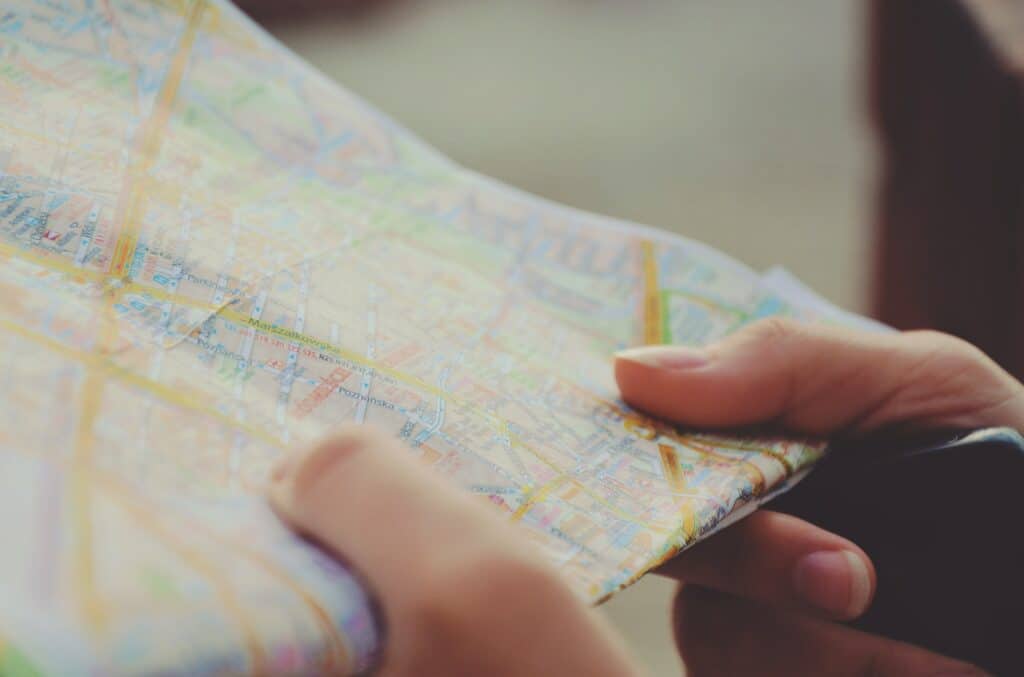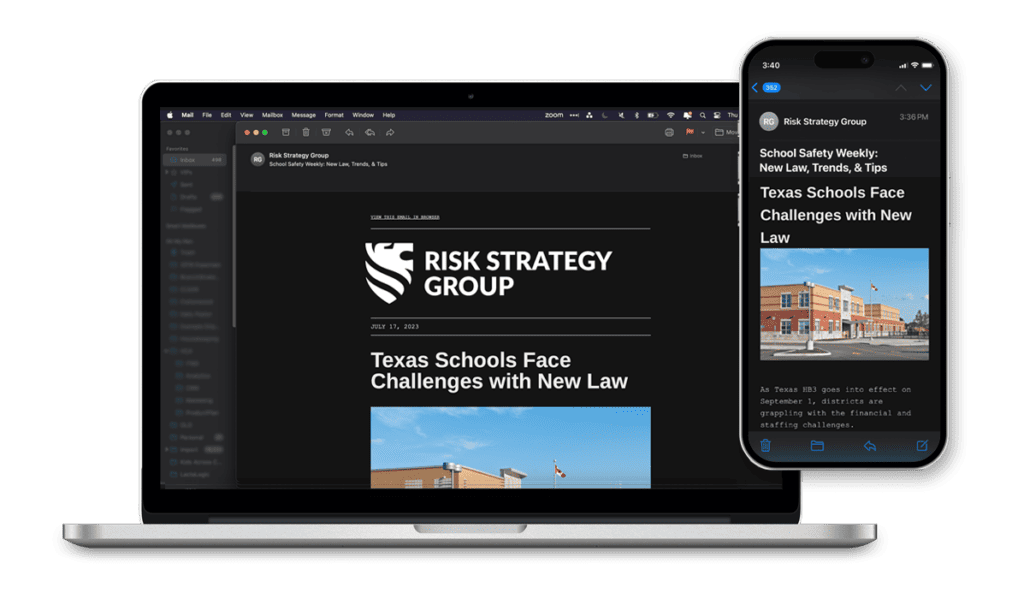In executive protection this process is called the pre-advance phase. It is the step you will complete prior to the advance trip.
You do not have to travel to complete this process and all it takes is a little time and effort.
The question is, how can this apply to someone outside of an executive protection role?
Think of it this way, all you are doing is a little homework that will complement the reason for your travel.
You are not operating out of paranoia, you are simply planning for and taking care of the things within your control. All in all, it will make your trip go smoother and give you peace of mind.
This pre-advance work shouldn’t take a lot of time and can be handled from the comfort of your own home.
If you have access to normal means of communication like telephone, internet, email, etc., you will be fine.
Here are a few of the things you will want to take a look at in terms of basic planning:
Maps
You should always familiarize yourself with the area you will be traveling to. Familiarity allows you to avoid giving off the perception you are a visitor or the reality you are lost.
It’s one additional way to reduce yourself as a target.
Travel Routes
Pre-planning your travel routes can save time and frustration. It’s easy to pop an address into a cell phone and follow the route.
However, it’s not always accurate nor does it always align with other travel plans. Have a plan for your ideal route ahead of time and always remain flexible.
Once you have a logical route planned, you can use your mobile device to get a more accurate route by plotting numerous stops along the way.
Also, always have a contingency plan (paper maps) in case your device is lost, stolen, or simply doesn’t work in the location you are at.
Medical Services
Access to medical services should always be thought through. This is especially true for people who have special considerations regarding their health.
Immediate access may not always be feasible and the time to find out is before your trip and not when something bad has happened.
Hotel (lodging)
Falling in line with the considerations listed above, you should also be putting some thought into where you are staying.
It can be easy to fall into a routine of searching by price, amenities, and loyalty programs. However, this may not be the best method, especially when traveling to areas with higher risk levels or areas you are totally unfamiliar with.
Things such as location to law enforcement, medical services, potential areas of unrest, etc. should all be considered.
You should also be looking at security features such as security personnel, CCTV, exterior considerations, physical barriers, etc.
For a more detailed look at these items, check out our article on Hotel Security.
Conclusion
The whole point of this is to get you thinking about these things ahead of your trip departure.
Keep in mind, there are a lot of other areas of consideration and this is just a small
A little work on the front end can save you a lot of pain and inconvenience in the long run.
Don’t think of it as a burden, think of it as an investment into the quality of your trip.








